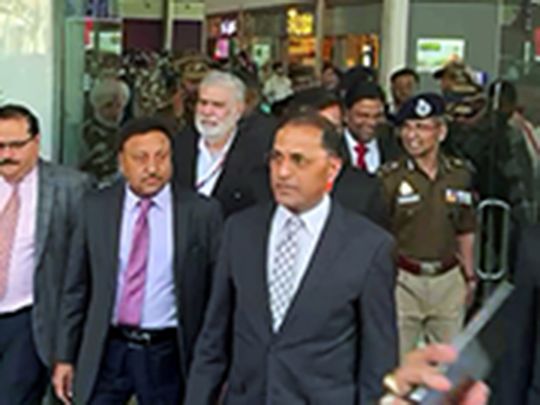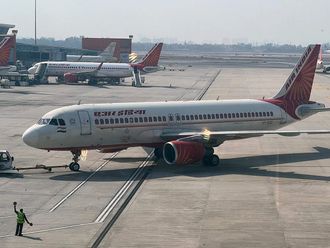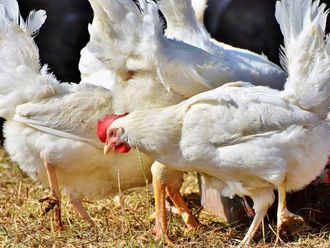
NEW DELHI: India’s second-highest ranked election commission official has resigned, the justice ministry said, days before the expected announcement of general elections in which Prime Minister Narendra Modi will seek a third term.
Arun Goel resigned on Saturday, leaving the Election Commission of India with only one of its three top officials to conduct what will be the largest exercise of the democratic franchise in human history.
Nearly a billion people are eligible to cast ballots in the elections, likely to be held in April-May.
The Ministry of Law and Justice said Indian President Droupadi Murmu had accepted Goel’s resignation, but did not cite a reason for his departure.
The NDTV news network said Goel had resigned due to “personal reasons”, citing sources.
Speculation regarding health concerns was swiftly dismissed, according to NDTV, with top officials stating that Goel was in perfect health. Election Commission sources added that there have been differences on file between Goel and Chief Election Commissioner Rajiv Kumar.
The appointment process for a new election commissioner involves a search committee, led by the law minister and including two union secretaries, shortlisting five names.
Subsequently, a selection committee headed by the Prime Minister, and comprising a Union Cabinet Minister nominated by the PM, the Leader of the Opposition in the Lok Sabha, or the leader of the single-largest opposition party, selects the final candidate. The President then formally appoints the chosen Chief Election Commissioner or Election Commissioner.
One notable move that preceded Goel’s resignation was the enactment of a new law late last year, altering the process of appointing the country’s top election officers. Under the revised procedure, the Chief Justice of India was excluded from the selection process, according to NDTV.
Another official had retired last year and the position has not yet been filled.
A retired bureaucrat, Goel, a 1985-batch IAS officer of the Punjab cadre, joined the Election Commission in November 2022.
Goel’s term was till November 2027, and he was scheduled to become the Chief Election Commissioner (CEC) in 2025.
In April 2023, his appointment was challenged in the Supreme Court by the NGO Association of Democratic Reforms but the petition was eventually dismissed by the top court in August.
The dates for the election, conducted in several phases, are likely to be announced next week, according to local media reports.
However, Goel’s unexpected departure has cast doubt on the previously anticipated timeline.
Why?
Congress President Mallikarjun Kharge took to social media to question the implications of Goel’s sudden departure. He asked whether the current state of affairs warranted renaming the Election Commission to “Election OMISSION”.
“Election Commission or Election OMISSION? India now has only one Election Commissioner, even as Lok Sabha elections are to be announced in few days. Why?” he asked on X.
K.C. Venugopal, general secretary of the main opposition Congress party, said Goel’s resignation was a concern.
“It is deeply concerning for the health of the world’s largest democracy that Election Commissioner Mr Arun Goel has resigned on the cusp of the Lok Sabha (parliamentary) elections,” he said in a social media post.
“There is absolutely no transparency in how a constitutional institution like the ECI has been functioning and the manner in which the government pressurises them.”
Several opinion polls have indicated an easy win by Modi and his Hindu nationalist Bharatiya Janata Party in the general election.
A Pew survey last year found Modi was viewed favourably by nearly 80 per cent of Indians.
A poll of urban voters conducted by YouGov in February showed the BJP comfortably leading India’s manifold opposition parties in every measured age and gender demographic.












